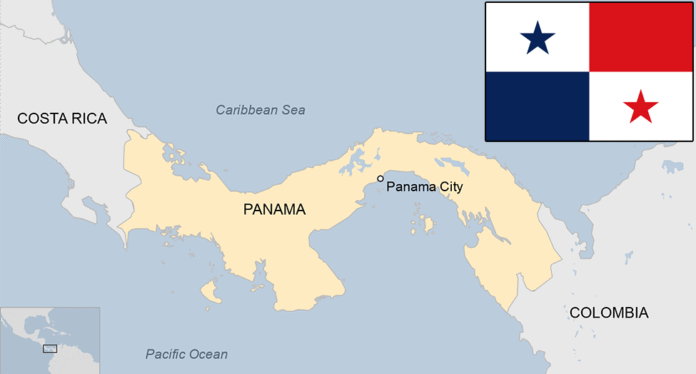Representatives of 196 countries and the European Union will gather in Panama City from December 1 to 5, 2025, for the 23rd session of the Committee for the Review of the Implementation of the Convention (CRIC 23) under the United Nations Convention to Combat Desertification (UNCCD).
The meeting will bring together around 500 delegates from governments, civil society, and academia to assess global progress in tackling desertification, land degradation, and drought.
As one of the three Rio Conventions alongside climate and biodiversity, the UNCCD is the only legally binding global treaty addressing land and drought issues. The CRIC23 session is expected to provide recommendations on how to accelerate efforts toward preventing and reversing land degradation, strengthening drought resilience, and shaping a post-2030 strategic framework.
Panama, which ratified the UNCCD in 1996, is playing host against the backdrop of its growing climate challenges. The country has committed to achieving Land Degradation Neutrality by 2030, identified 31 critical hotspots, and is advancing reforestation and Dry Corridor adaptation programmes. In 2023, Panama endured its driest year on record, when drought disrupted the Panama Canal, underscoring how local environmental shocks can reverberate globally.
UNCCD Executive Secretary Yasmine Fouad highlighted the urgency of collective action. “Severe droughts and the loss of fertile land are already straining food and energy production, uprooting rural communities, and threatening the livelihoods of millions.
Nowhere is this more evident than in Latin America and the Caribbean, a region that is experiencing severe land degradation, affecting at least 20 per cent of its total area. By hosting CRIC23, Panama is placing itself at the center of collective response, from its national Nature Pledge to the regional Dry Corridor Initiative, and helping to build the momentum for the urgent need for drought resilience and land restoration worldwide.”
Gender will also feature prominently at CRIC23, as women remain disproportionately affected by desertification and drought, often bearing the brunt of degraded soils while sustaining families and food systems.
Youth, Indigenous Peoples, and local communities are also expected to play a central role in shaping recommendations.
Recent UNCCD data paints a stark picture: the world loses nearly 100 million hectares of healthy land each year, and over 70 percent of land areas have faced increased aridity over the past three decades. Experts estimate that one billion dollars is needed daily between now and 2030 to meet global land restoration goals, a figure far smaller than current expenditures on harmful subsidies and practices.
The event will take place at the Panama Convention Centre, with discussions set to influence global commitments on land restoration, biodiversity, and climate resilience.
The CRIC23 logo, inspired by Panama’s national flower, the Dove flower (Peristeria elata), features the outline of a white dove in flight, a universal symbol of peace and unity. The emblem also highlights Panama’s Nature Pledge, which integrates the nation’s commitments on land, climate, and biodiversity, reflecting its determination to foster a sustainable and resilient future in harmony with nature.



